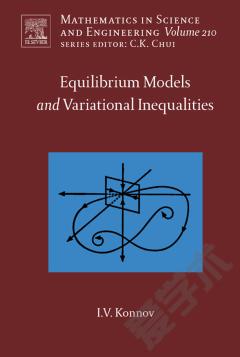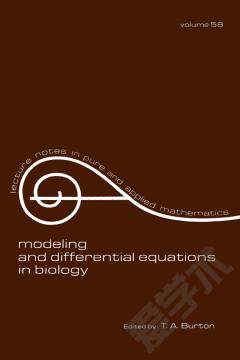Equilibrium Models and Variational Inequalities
The concept of equilibrium plays a central role in various applied sciences, such as physics (especially, mechanics), economics, engineering, transportation, sociology, chemistry, biology and other fields. If one can formulate the equilibrium problem in the form of a mathematical model, solutions of the corresponding problem can be used for forecasting the future behavior of very complex systems and, also, for correcting the the current state of the system under control. This book presents a unifying look on different equilibrium concepts in economics, including several models from related sciences.- Presents a unifying look on different equilibrium concepts and also the present state of investigations in this field- Describes static and dynamic input-output models, Walras, Cassel-Wald, spatial price, auction market, oligopolistic equilibrium models, transportation and migration equilibrium models- Covers the basics of theory and solution methods both for the complementarity and variational inequality problems- The methods are illustrated by applications and exercises to economic equilibrium models
{{comment.content}}








 京公网安备 11010802027623号
京公网安备 11010802027623号